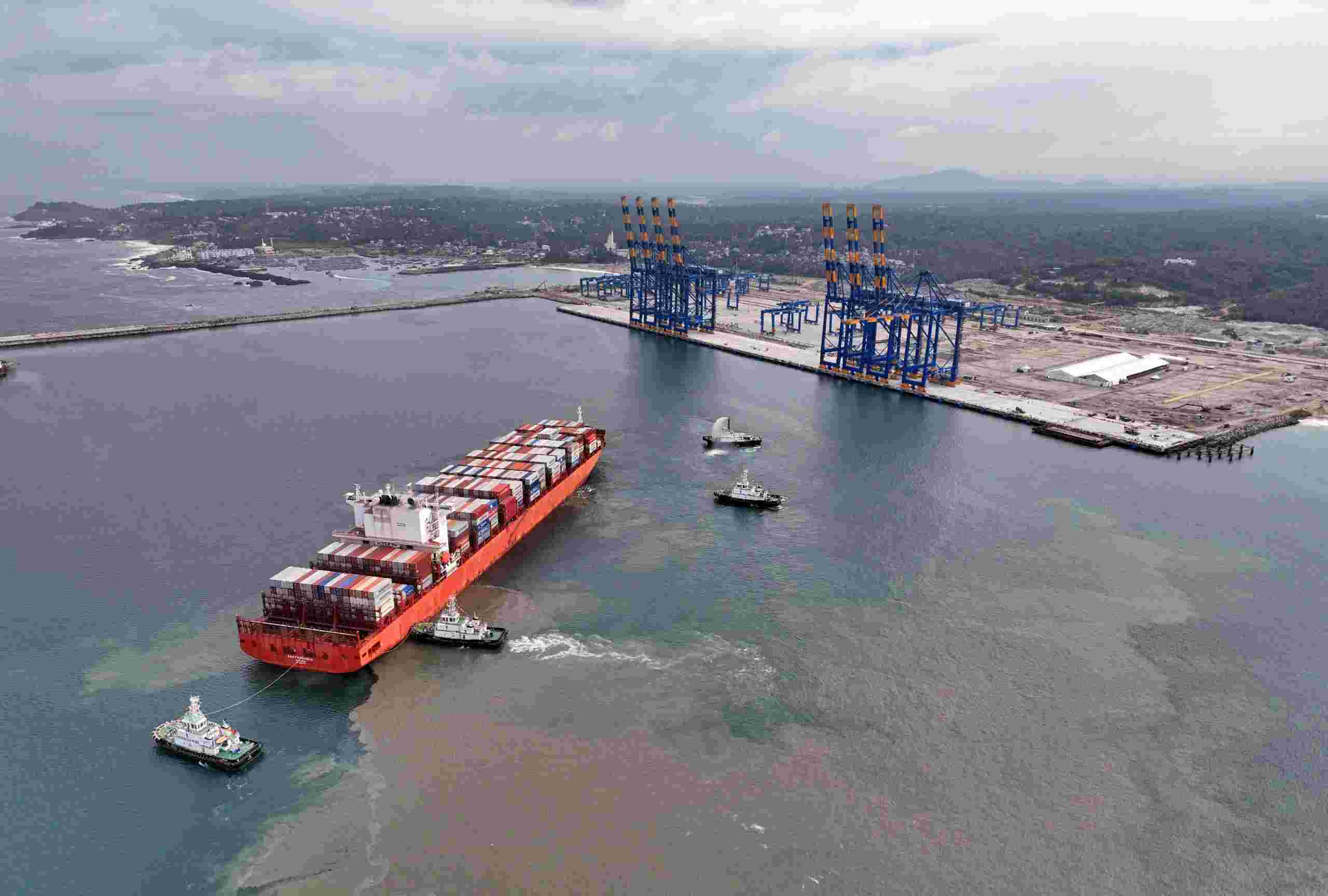Vizhinjam International Seaport achieved a significant milestone when it was granted customs clearance to operate as a gateway cargo terminal for import and export (EXIM) traffic. In order to obtain the license, the Kochi commissioner of customs (preventive) published a public notice on August 29 designating Adani Vizhinjam Port Pvt Ltd as the facility’s official custodian of import and export of products.
The port is now technically prepared to manage gateway cargo activities, such as loading export consignments and discharging imported products, thanks to the clearance. On September 2, Vizhinjam went online with the Indian Customs Electronic Data Interchange System (ICES 1.5), allowing for complete documentation and clearance procedures. The custodian will be in charge of the secure receiving, handling, storage, and accounting of the goods, per the notification. Additionally, Adani Vizhinjam Port Pvt Ltd shall be responsible for any cargo theft or loss while in its care.
According to the requirements set forth by the customs department, the custodian must provide contemporary, safe storage facilities and execute a bond equal to the value of the items that are expected to be stored for 30 days, supported by a 10% bank guarantee or cash deposit.
The business is required to build boundary walls, provide complete security of the customs area, and insure any items kept on the property. Free residential housing, office space, transportation, and other amenities, such as a canteen, must be made available to customs employees. Until the facility is exempt, the custodian is also required to pay cost recovery costs and the setup fees for customs officers stationed at the port.
Nevertheless, Vizhinjam still lacks a number of essential infrastructure elements needed for efficient cargo transit at the entrance. Essential support facilities like container yards, truck terminals, container freight stations, and warehouses are still incomplete, and the port has not yet been successfully connected to NH-66 via a dedicated road link.
Trial cargo operations are anticipated to start in December of this year, according to port sources; however, full-scale operations will depend on how well the hinterland connectivity and logistics support system is prepared.

